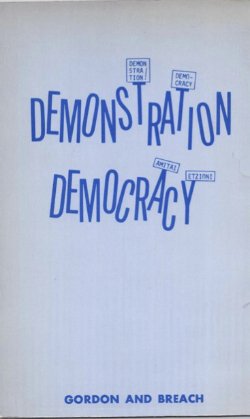By Bengt Danielsson. Trans. Alan Topull
London. Allen and Unwin. 1962. 221p.
In April 1789, the Bounty left Tahiti to begin its journey back to England. However, just a few weeks into the voyage, the crew mutinied against Captain Bligh. The reasons for the mutiny are complex and have been the subject of much debate and speculation over the years. Some have suggested that it was due to Bligh's harsh treatment of the crew, while others have argued that it was a result of tensions between the officers and the lower-ranked crew members.
Regardless of the reasons, the mutiny was successful, and Bligh and a small group of loyal crew members were set adrift in a small boat while the mutineers, led by Fletcher Christian, took control of the ship. Bligh and his companions were eventually rescued after a harrowing journey across thousands of miles of open ocean.
Danielsson's book provides a first-hand account of the events leading up to the mutiny, as well as the aftermath. He describes the tensions between the crew members and the officers, and the growing discontent that eventually boiled over into mutiny. He also offers insights into the culture and customs of the Tahitian people, who were encountered by the crew during their stay on the island.
Overall, "On the Bounty" is a fascinating and engaging account of one of the most famous episodes in maritime history, written by someone who was there to witness it firsthand.





















